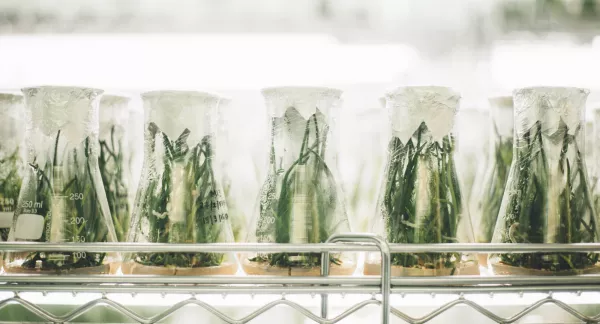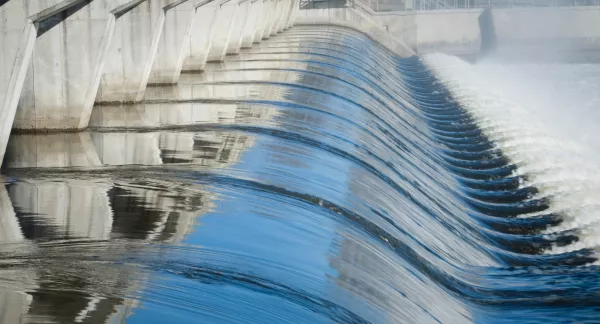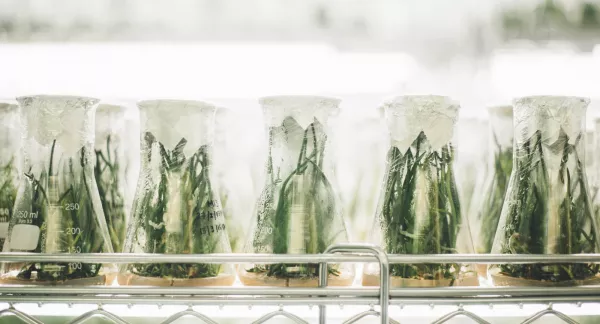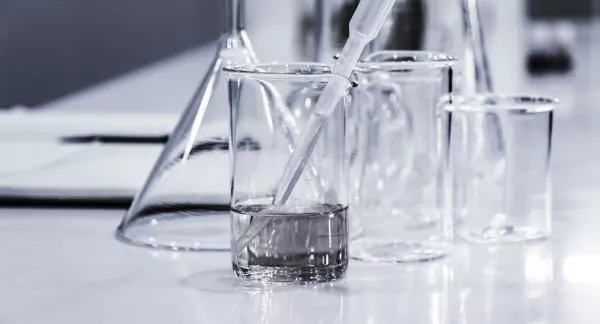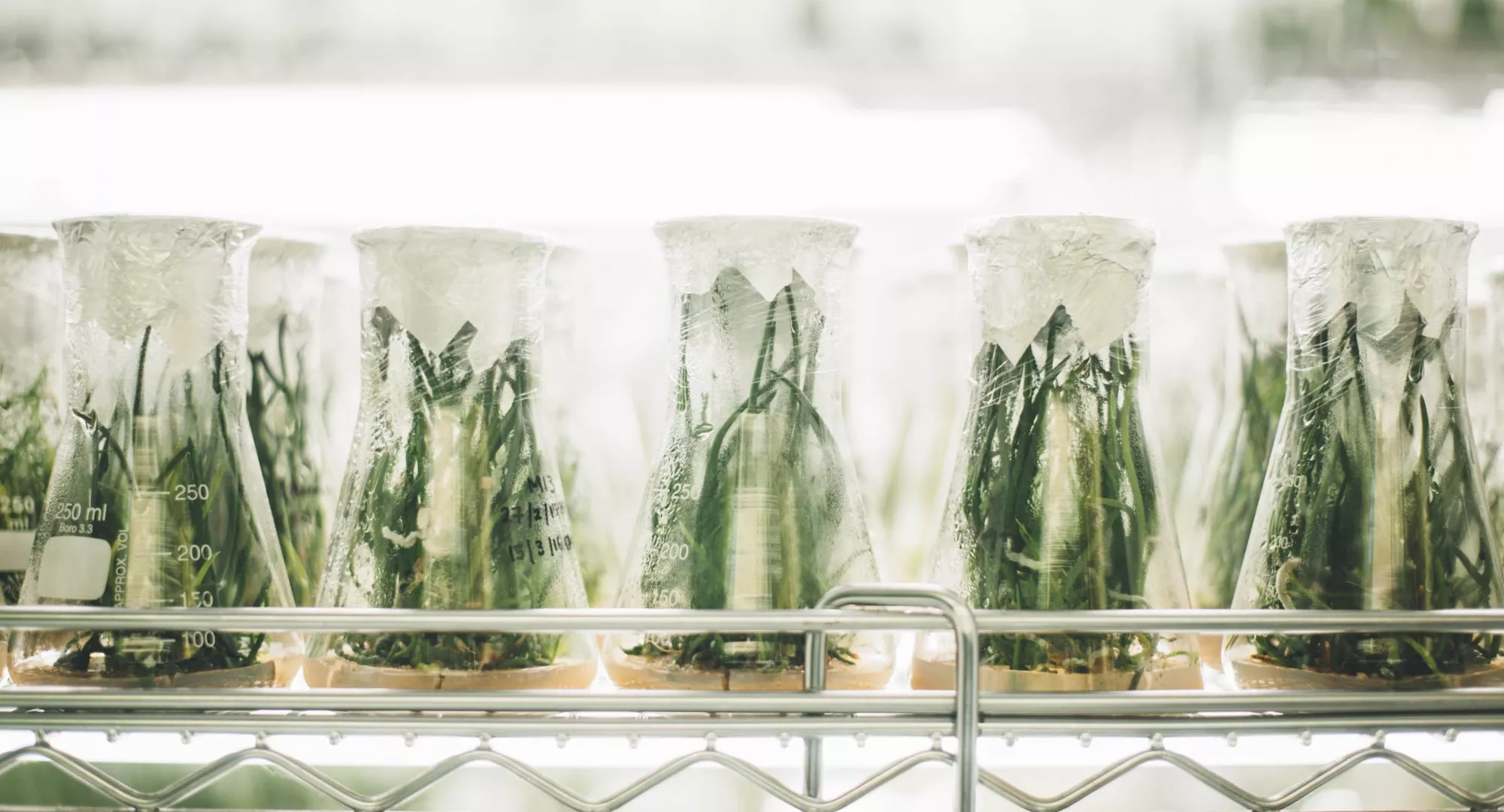
Hydrothermal Alkaline Treatment of PFAS-Contaminated Sludge
Abstract
Per- and polyfluoroalkyl substances (PFAS), known as "forever chemicals," pose significant environmental and health risks and create challenges for wastewater treatment facilities because they accumulate in municipal sludge. Novel hydrothermal treatment technologies have the potential to not only degrade PFAS but also convert sludge into value-added hydrochar, which can be used for water treatment, soil improvement, and carbon sequestration.
The objective of this project is to develop and optimize an innovative Hydrothermal Alkaline Treatment (HALT) technology that can completely degrade PFAS in sewage sludge. This will be achieved by testing the ability of HALT to degrade PFAS under varying conditions, including using different solvents and metal catalysts. The results will address a critical gap in current wastewater treatment practices by introducing a novel hydrochar thermal carbonization-based process as a promising technology for managing PFAS-contaminated sewage sludge, contributing to the promotion of environmental sustainability and ensuring regulatory compliance in wastewater management.
